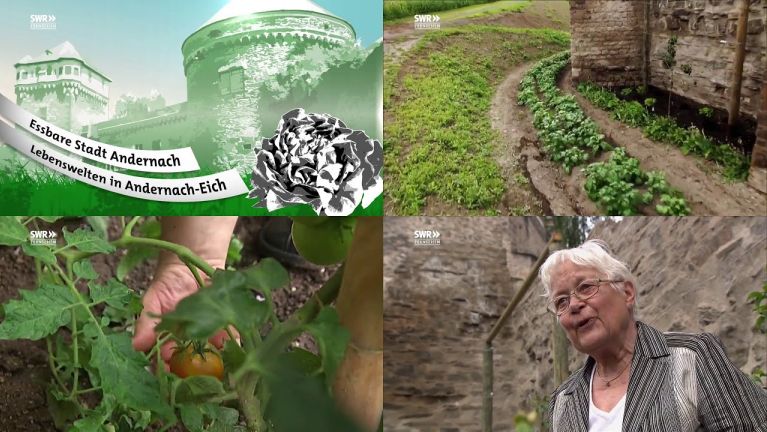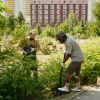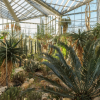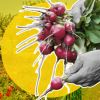“Picking allowed” instead of “Keep off the grass”
Fruit trees on the town walls, beans by the roadside, herbs in raised beds: Andernach shows how green spaces can be turned into thriving gardens for everyone.
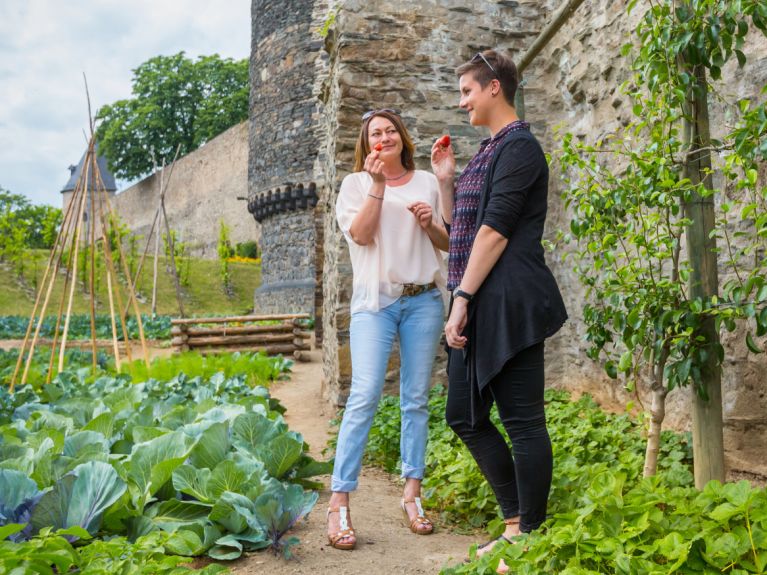
Anyone strolling through the small town of Andernach am Rhein will notice something a bit unusual: in amongst the town walls, castle moat and roundabouts, tomatoes, beans, chard and herbs can be found growing - where you might otherwise have expected to see low-maintenance ornamental plants. “Rather than the usual ‘Keep off the grass’ warnings, we suddenly find signs in public spaces declaring ‘Picking allowed’,” is how Lutz Kosack, the project’s initiator and a lecturer at the University of Bonn, describes the concept of the “edible town”.
Since 2010, Andernach has gradually been turning its green spaces into edible gardens. It all started with a tomato project involving 101 varieties that was designed to highlight the importance of biodiversity in the heart of the town centre. Ever since, a different edible plant has been the focus each year: such as beans, onions, cabbages or strawberries. These days, fig, quince and kaki trees can be seen creeping up old walls, herbs flourish in raised beds and even grazing sheep are all part of the townscape.
A public garden for everyone
The idea is simple: public spaces shouldn’t just look attractive - they should be fragrant and tasty and bring people together. And the concept is working. Initial scepticism - that the vegetables would just be plundered immediately or destroyed - quickly gave way to enthusiasm. A harvesting system was introduced, recipes were swapped and neighbours started chatting to each other.
Dieses YouTube-Video kann in einem neuen Tab abgespielt werden
YouTube öffnenThird party content
We use YouTube to embed content that may collect data about your activity. Please review the details and accept the service to see this content.
Open consent formTo make things easier, the town even created a traffic light system for the vegetable patches: red cards warn that the veg isn’t rip yet, while green ones confirm that it’s the perfect moment for harvesting. It’s a fun way for children and adults alike to learn when fruit and vegetables are really ripe.
Sustainable and social
The “edible town” isn’t just an ecological project - it’s a social initiative, too. Many of the fruits and vegetables are tended by Perspektive gGmbH, a firm that gives work to the long-term unemployed and refugees. The project is complemented by school gardens, mobile raised beds in the town centre and a 14-hectare permaculture garden on the outskirts. As well as growing vegetables there, rare breeds such as the Coburg Fox sheep and the Saddleback pig are also reared.
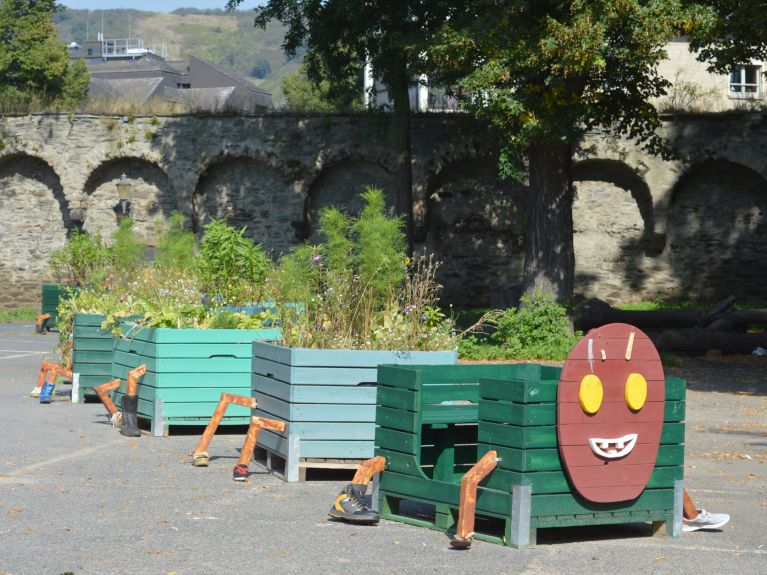
A role model for other towns
The project is attracting numerous groups of visitors from other towns and cities who find it inspiring. After all, Andernach - with its tomato plants and lavender bushes - demonstrates how urban spaces can be designed in a way that is at once ecological, social and economic.
